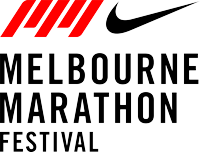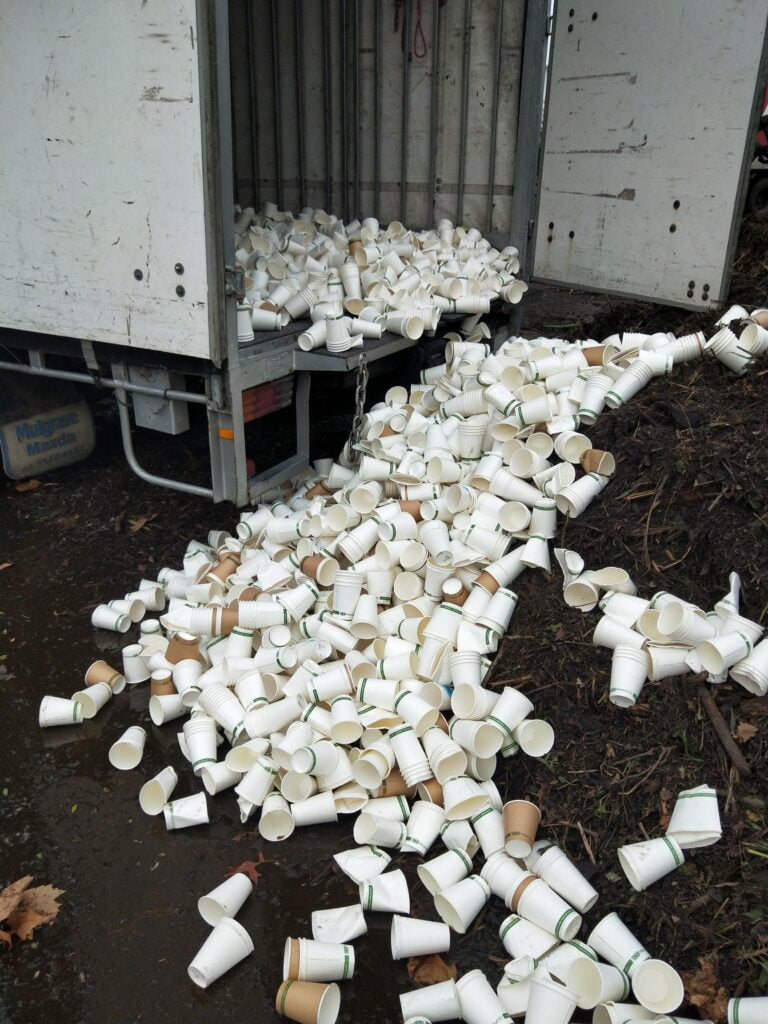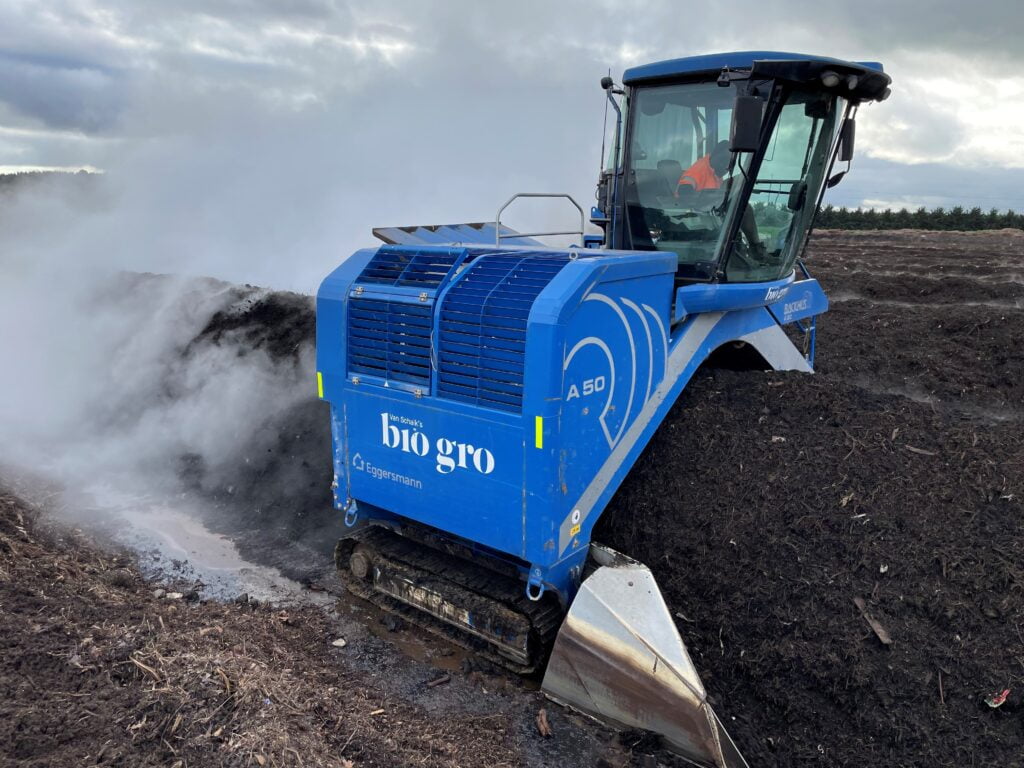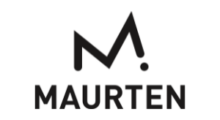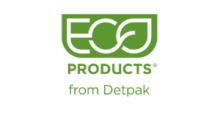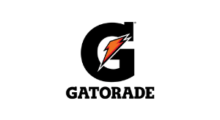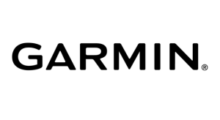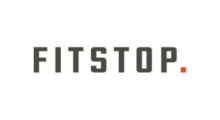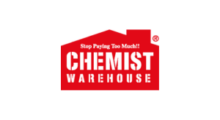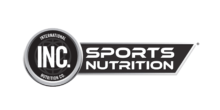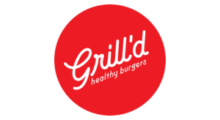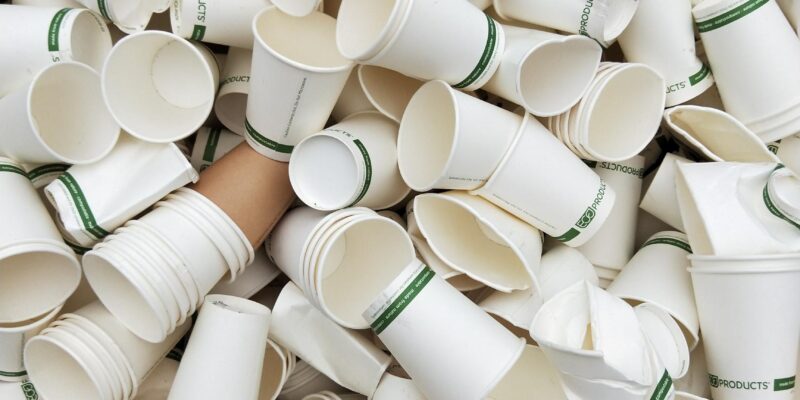
This October, the Nike Melbourne Marathon Festival has teamed up with leading manufacturer and supplier of sustainable paper and board packing solutions, Detpak to provide you fully sustainable and compostable cups at the drink stations.
In line with IMG’s commitment to have an increased focus on the sustainability of the marathon events, the partnership with Detpak and fellow sustainability partner BioGro (who are the commercial composters that take the cups), means a closed loop for waste management of the cups on course.
Look out for the Detpak cups on course for the Nike Melbourne Marathon Festival in October, which are Gatorade branded, as the electrolyte partner for the event, and these cups will also be collected post race and commercially composted at BioGro.
The Circularity of Composting the Melbourne Marathon Cups
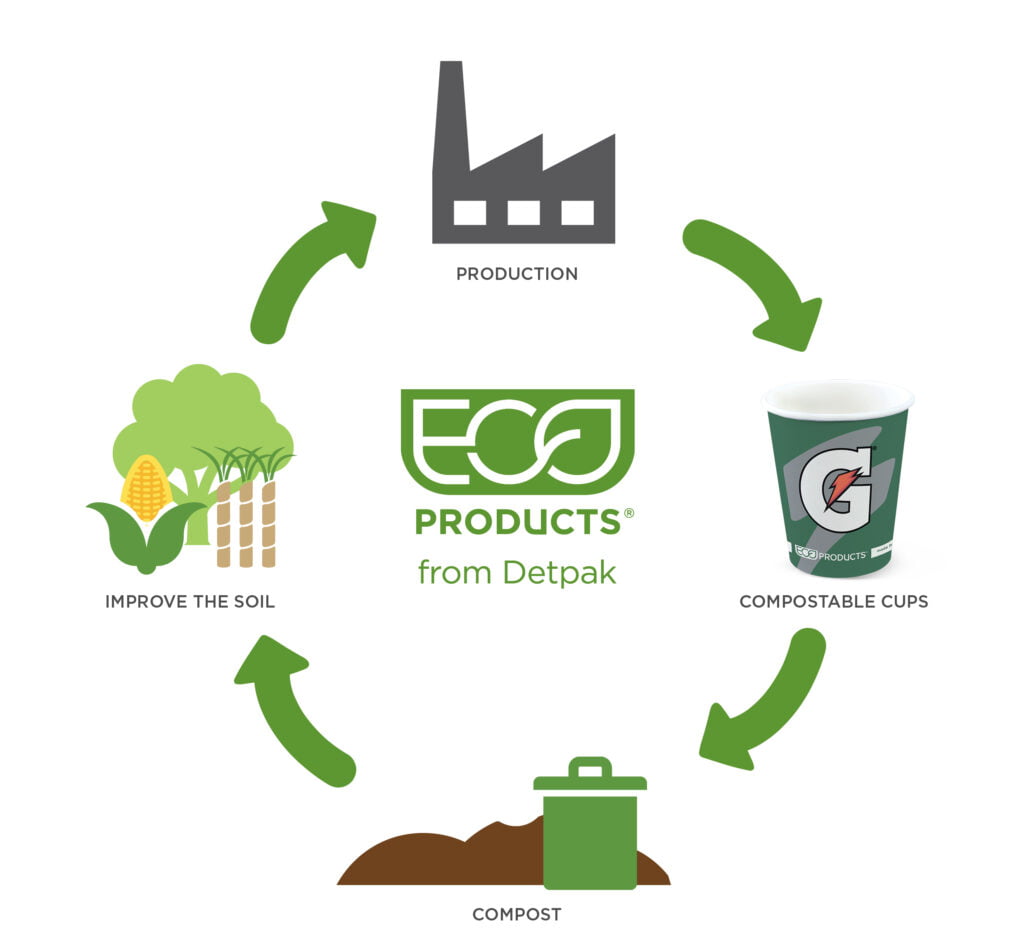
Case Study: Great Ocean Road Running Festival
In May 2022 Eco-products from Detpak supplied our compostable on course cups for the Great Ocean Road Running Festival (GORRF). Detpak is a leading manufacturer and supplier of sustainable paper and board packaging solutions. A specialist in the fast moving consumer goods, food service, grocery and retail industries, Detpak works with some of the world’s largest and most iconic brands to provide innovative packaging solutions across a global network.
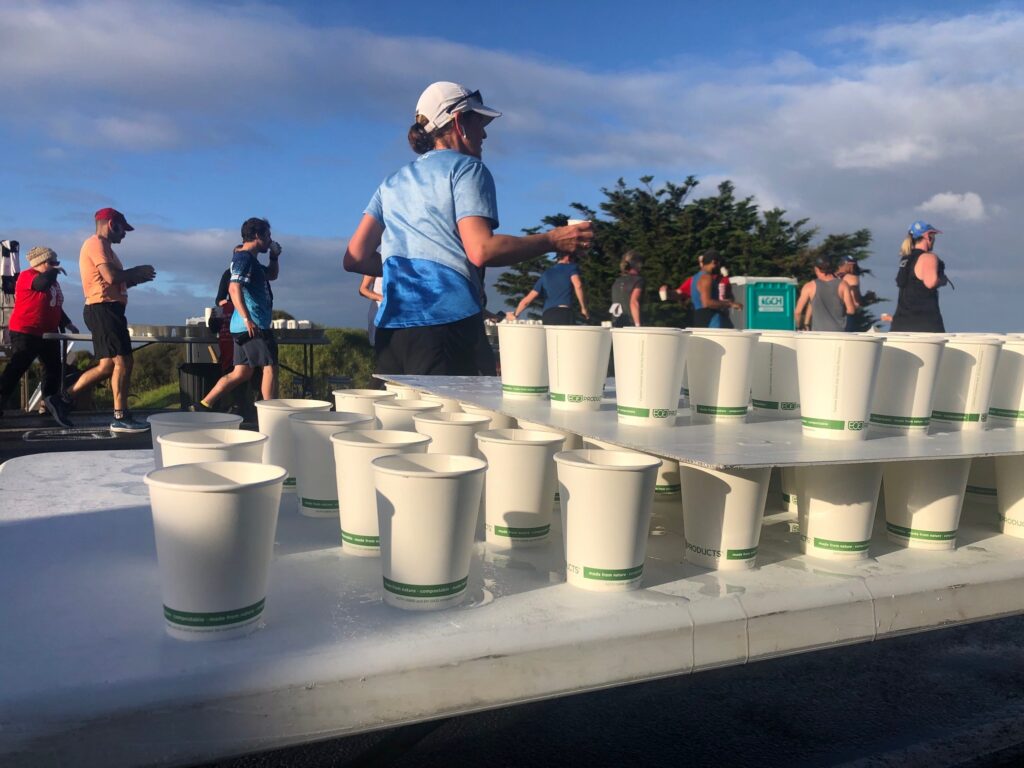
The Great Ocean Road Running Festival 2022
The 2022 event was held on May 8th and 50,000 Eco-Products Greenstripe cups were used on course for water and electrolytes. These cups were collected by volunteers and taken to BioGro’s waste transfer station in Melbourne. From there, they were sorted and sent out to one of BioGro’s commercial composting facilities, where they were loaded off the truck and straight into the open windrows, where the composting process happens.
This was initially a trial for Bio-Gro who intentionally ensured there was no chopping or prior treatment to the cups before they were added, along with other green organic waste to the open windrows. The row is then turned by a large machine specific for the purpose to activate the compost and being the process of breaking down the cups.
Composting the Cups
As with a home compost heap, there are 2 key ingredients to successful composting – air and water. The living microbes that break down the mix of green waste and packaging need air to live and function effectively and water is also critical in the right amount to aid in decomposition and regulate the heat generated by the heap.
Over Winter, given these windrows are open air and therefore get the natural rainfall, there is no need to add additional moisture, but in Summer, the row turning machine will pump water through the row, as it simultaneously turns and aerates the compost. This needs to happens 2-3 times a week to keep the rows healthy and activated, so the decomposition continues at a steady rate. The image above shows the heat being generated in the row by the steam coming off a freshly turned row.
These images show the gradual decomposition of our cups from the GORRF in May 2022 pulled directly from the wind rows at BioGro and how, with the right conditions, food packaging can be successfully incorporated into high quality compost.
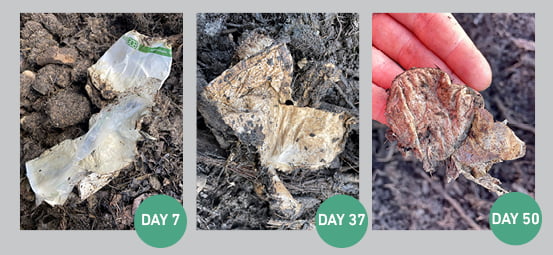
At the end of the process, the compost is screened for any final particles which haven’t broken down, such as larger pieces of hard organic material or other non organic contaminants such as glass which may have come in with the green organic feedstock.
The compost itself, once finished is then bagged off for retail sale through nurseries and garden centres or sent to commercial buyers for bulk sale or broad acre agricultural applications.
Challenges and Opportunities
One of the biggest challenges in the composting of food soiled packaging is in the collection of the packaging in the FOGO (Food Organics Garden Organics) waste stream, once it’s discarded by a consumer. The packaging needs to be certified compostable to begin with and kept separate from other waste, such as recyclable items or waste going straight to landfill. Packaging that is compostable is not suited to recycling because it is often food soiled and would therefore be discarded as a contaminate in the recycling process.
Currently, there is disparate legislation and infrastructure around the country to enable easy and standardised collection of green organic waste and compostable packaging and as stakeholders in the industry, it is a great opportunity to support closed loop events such as the IMG Marathon series, encouraging a sustainable outcome with a true closed loop waste management approach. Our on course cups are avoiding landfill and returning to the soil via rich organic compost in support of the circular economy.
